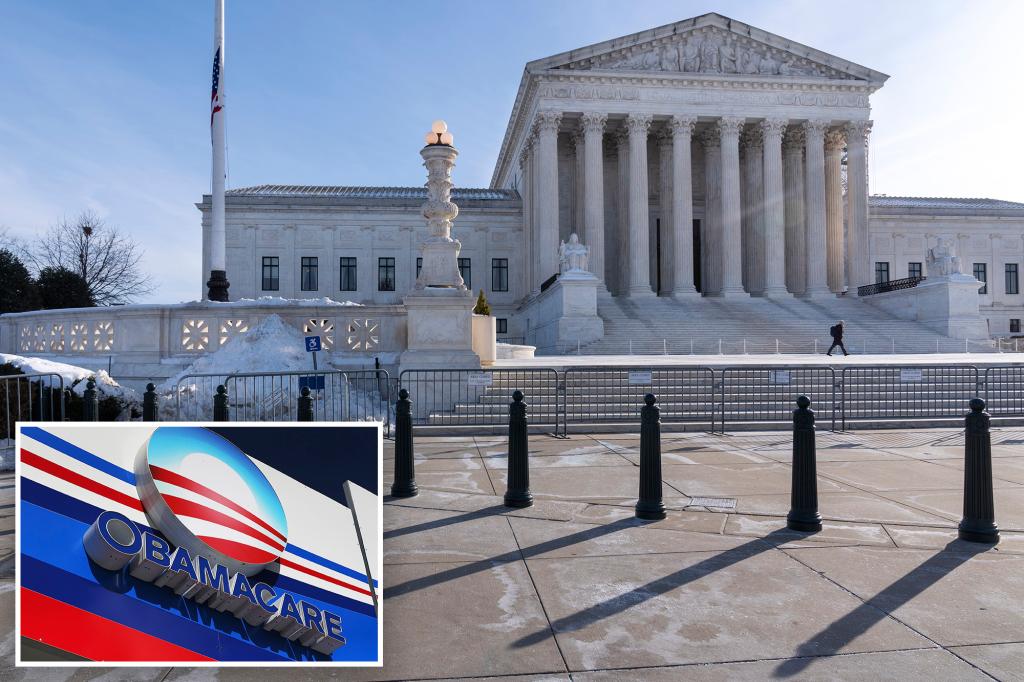The Supreme Court has agreed to review a lower court’s decision that jeopardizes certain preventive care coverage mandates under the Affordable Care Act (ACA), commonly known as Obamacare. This appeal by the federal government stems from a ruling by the 5th U.S. Circuit Court of Appeals, which sided with a group of employers contesting the requirement to provide comprehensive insurance coverage for specific preventive services, such as HIV prevention medication and certain cancer screenings. This case has significant implications for the ACA, as it challenges the authority of a key advisory body and potentially limits access to crucial preventive healthcare services for millions of Americans.
At the heart of the dispute lies the constitutionality of the process by which preventive care requirements are established under the ACA. The 5th Circuit ruled that the current process, relying on recommendations from the United States Preventive Services Task Force (USPSTF), is unconstitutional. The court argued that the USPSTF members, being unconfirmed by the Senate, lack the authority to mandate employer-sponsored health plans to cover specific services. This decision, if upheld by the Supreme Court, could undermine the USPSTF’s role in guiding preventive care coverage and potentially open the door for challenges to other aspects of the ACA’s implementation.
The potential impact of the 5th Circuit’s ruling is substantial. While not all preventive care services are at risk, several crucial preventative treatments and screenings could lose their guaranteed coverage without cost-sharing. According to a 2023 analysis by the Kaiser Family Foundation (KFF), services like statins for heart disease prevention, lung cancer screening, HIV prevention medication (PrEP), and certain medications for high-risk individuals to reduce the likelihood of breast cancer are among those potentially affected. While common screenings like mammograms and cervical cancer screenings would likely remain covered under other provisions, the loss of guaranteed coverage for other services could create financial barriers to essential preventive care, particularly for vulnerable populations.
The current status quo maintains coverage requirements for most individuals, with the exception of the eight companies directly involved in the lawsuit. These companies are temporarily exempt from the contested mandates pending the Supreme Court’s decision. This situation creates an uneven landscape of coverage and underscores the urgency of the Supreme Court’s review. The court’s decision will have far-reaching consequences, determining whether the existing framework for establishing preventive care coverage under the ACA remains intact.
The Supreme Court’s decision will revolve around the question of whether the USPSTF’s current structure and authority are constitutionally sound. The plaintiffs argue that the task force’s recommendations, effectively translated into mandates for employer-sponsored health plans, represent an overreach of executive power. They contend that requiring employers to cover services recommended by an unelected body violates their constitutional rights. The government, on the other hand, defends the USPSTF’s role as an expert advisory body whose recommendations are crucial for ensuring access to evidence-based preventive care and argue that the current process provides necessary flexibility and efficiency in updating coverage guidelines based on scientific advancements.
The upcoming Supreme Court hearing, scheduled for the spring, carries immense significance for the future of preventive healthcare in the United States. A ruling upholding the 5th Circuit’s decision could significantly reshape the ACA’s preventive care landscape, potentially limiting access to crucial services and shifting the financial burden onto individuals. Conversely, a ruling in favor of the government would reaffirm the existing framework and safeguard access to comprehensive preventive care for millions. This case represents yet another legal battle over the ACA, highlighting the ongoing debate over the balance between individual liberties, government regulation, and access to affordable healthcare. The Supreme Court’s decision will undoubtedly have long-term repercussions on the health and well-being of Americans and shape the future trajectory of the ACA.

